
On September 11, 2001, I was sitting in a class in Fort Carson, Colorado, when one of the other students, another Army Captain like me, came into the room with a look of shock. He said we needed to come into the other room and see what was happening on the news. We huddled around the small television and watched the smoke billowing out of the World Trade Center buildings and the Pentagon while the newscaster talked about reports of another plane that may have been hijacked.
Eventually, word came down that most of the personnel on the Fort should go home. Being near Cheyenne Mountain and NORAD, people were rightly concerned that the area could also be targeted. Arriving home, I was met by my bride, our two young children, and some neighbors who looked to me for answers I could not provide. We all knew that we were now a nation at war, but with whom?
Like many, the remainder of my career would be defined by conflict. For me, it started two weeks later with a deployment to North Africa, then two deployments to Afghanistan. Next, I was a part of training thirty-two Army Brigades and one Marine Expeditionary Unit to go to Iraq or Afghanistan while serving as a trainer at the Army’s National Training Center. After that, I finished my last two Afghanistan deployments. These combat deployments were bracketed by what seemed a perpetual training cycle. We would come home from a deployment to train for another one only a year later. This also meant the twelve months at home were only 8 months with family, as 3-4 months were spent in the field or deployed to training environments for thirty days at a time. This is what it was like to serve in the Army’s Aviation branch during twenty years of conflict post 9/11.
My final Afghanistan deployment completed nearly thirty trips to and from the region on various missions. I was shot down, blown up, and had many other things happen to me to convince me I would never make it home alive. But I did. My family was blessed in this way because so many paid the ultimate sacrifice and would never see their families again. I finished my twenty-eight-year career with another assignment to Fort Carson, where my final deployment was as the commander of multiple aviation task forces spread across Germany, Eastern Europe, and Turkey. In Turkey, I supported operations in Syria and elsewhere.
To see how much the world changed after 9/11 haunts me still today. The trauma caused by so many years in combat, the wear and tear of a military career, and losing many friends will live with me for the remainder of my life. But 9/11 also caused the passage of The Patriot Act, leading to the gradual erosion or removal of rights once guaranteed in the US Constitution. And a massive expansion of the Federal Government in ways not healthy to liberty. The highest price for our war in Afghanistan was thus paid at home, and liberty was the price.
The hardest part was watching our surrender in Afghanistan. One where we left behind a Taliban stronger than when we invaded, and a humanitarian crisis to follow. That surrender started the brushfires of war and tyranny worldwide as despots took notice and acted.
Many will and should debate the true price of 9/11 and our response in Afghanistan, Iraq, and the multiple other countries where America fought terrorism, and still does today.
I can only ask that Americans never forget the lives of the lost and who served for the love of country. People like Issac Jackson, who was killed in Afghanistan while on a mission on which he was not scheduled to be a part. He was filling in for someone who missed the start time. That is who Issac was, he would never let you down. Also, Kevin Burke, Clay Cullen, Brian Van Dusen, Heathe Craig, and the crews and passengers of Arrowsmith 35 and Colossal 31. These are only a few examples of the thousands of names and callsigns Americans should be familiar with.[i]
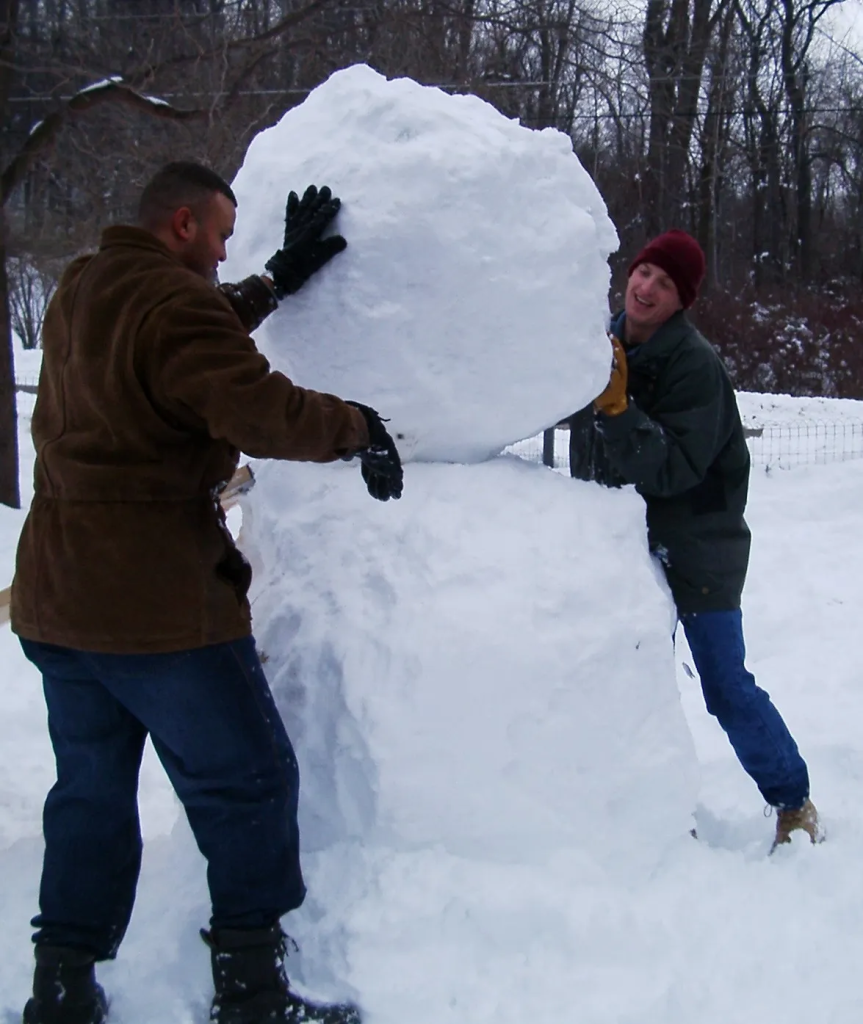
Author with Sergeant Issac Jackson in Fort Drum, New York

Author: Sergeant Jackson’s remains arrive in Dover, Delaware
It is Patriot Day. Take time to honor the sacrifices of the lost. If you have young children, teach them of this day and read them the story of a veteran.

Author


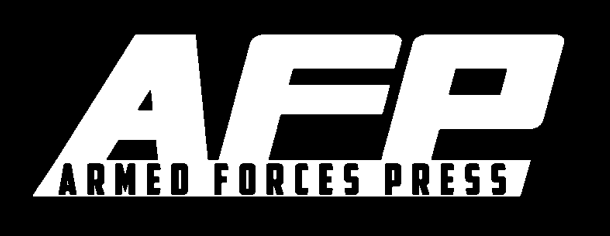






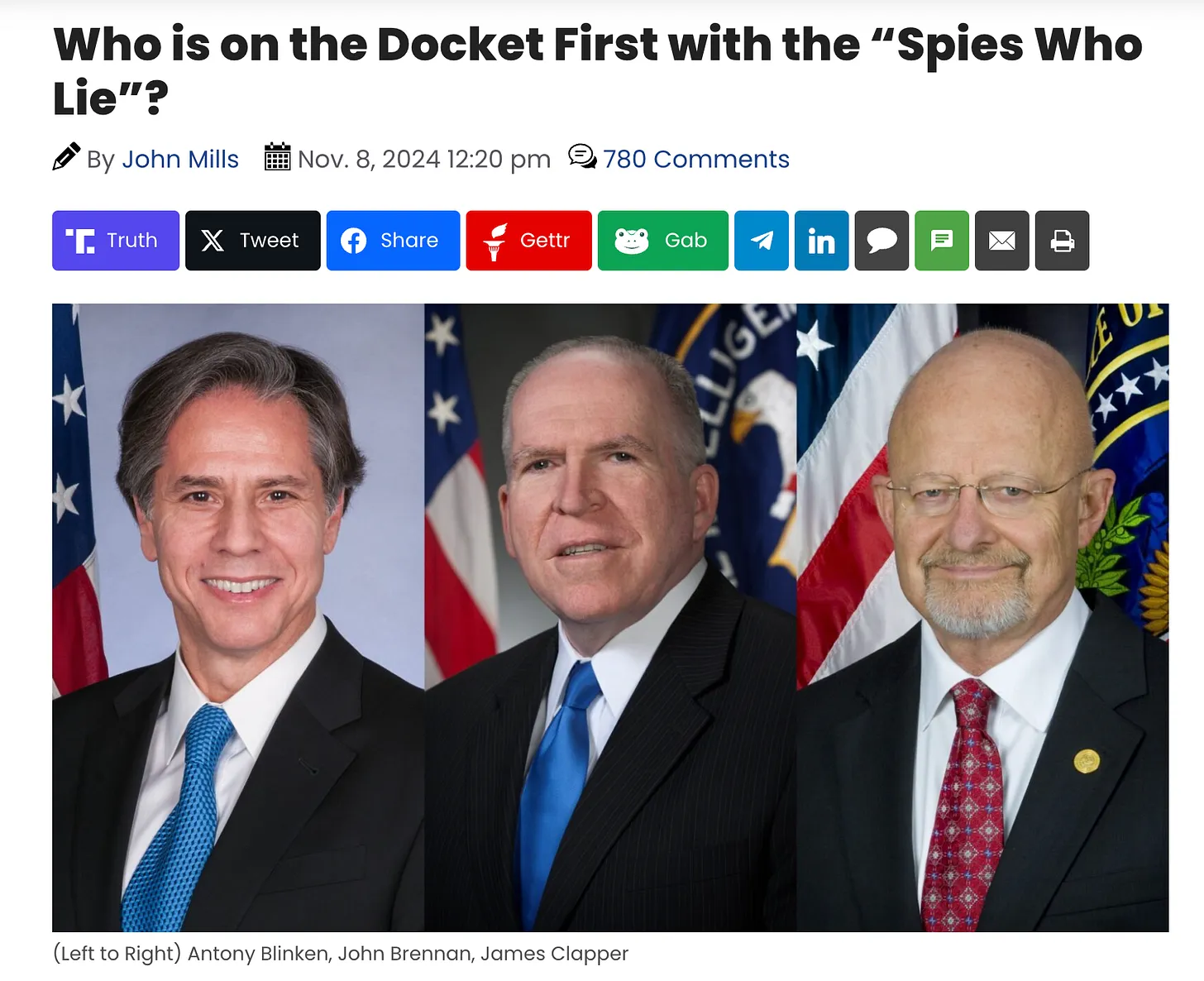

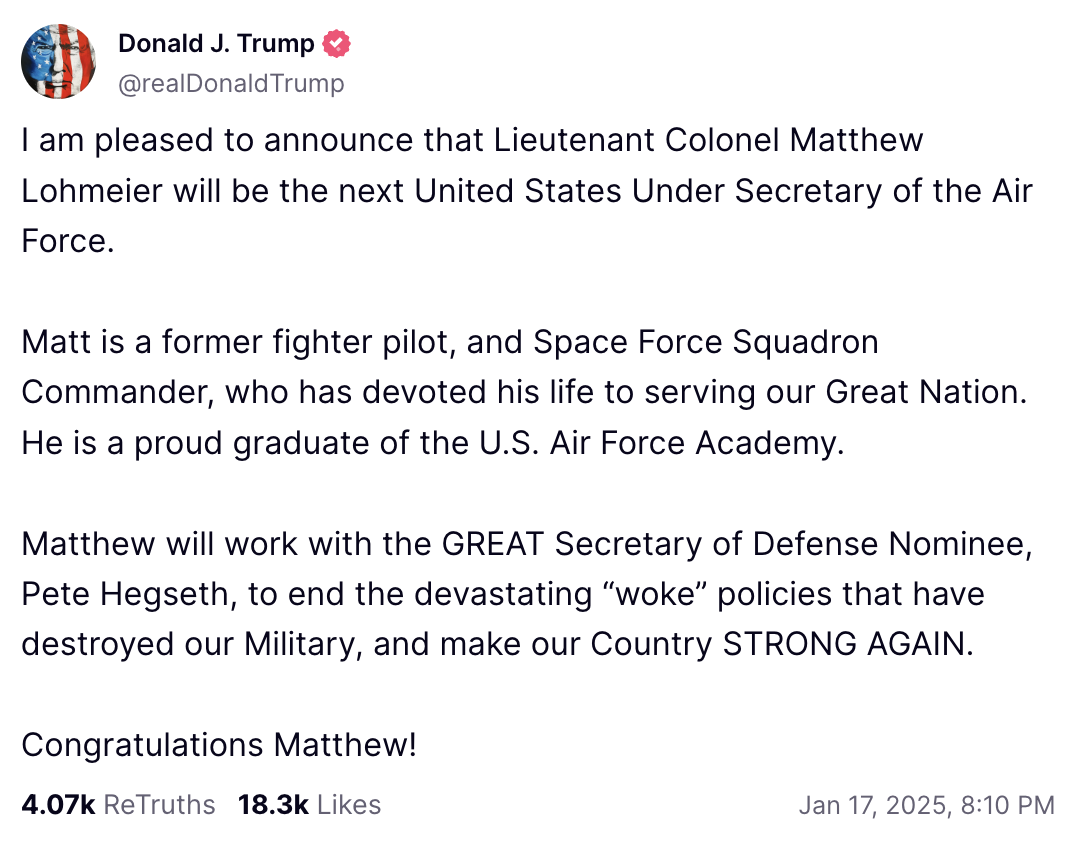

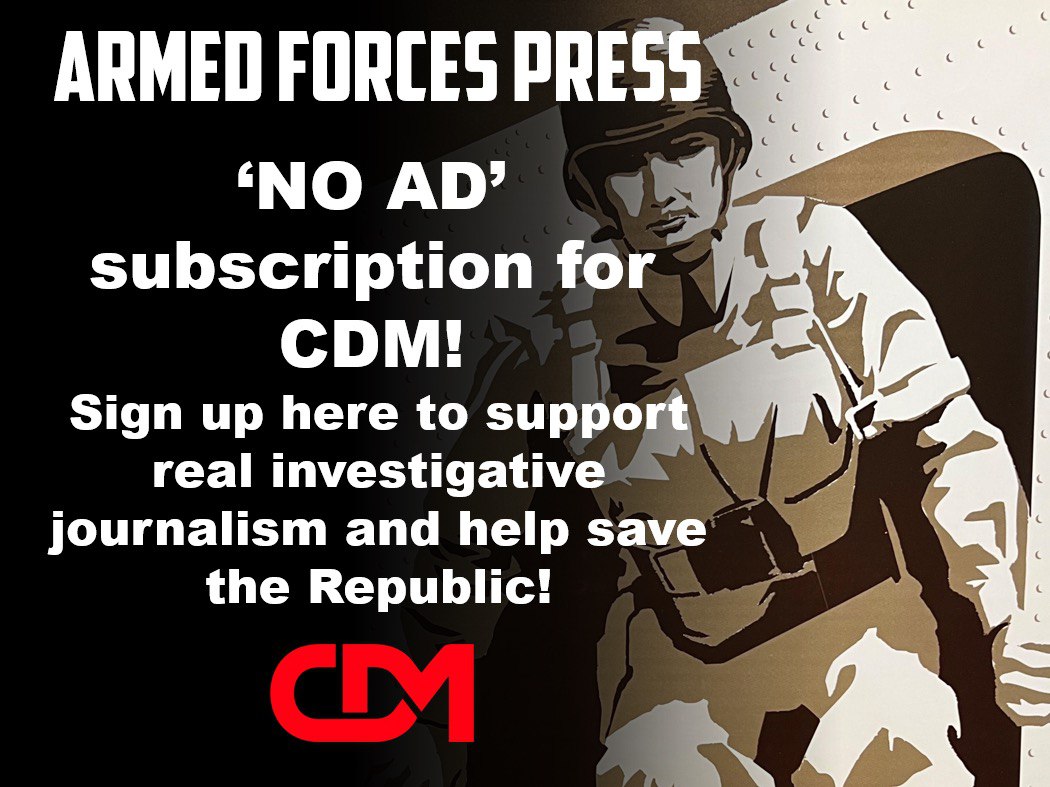










I am convinced the M.I.C and our government "bought" officials took the opportunity afforded to realize their fever dreams of toppling the U.S. from its perch in world affairs and influence, and make the U.S. a receptacle for the worlds poor and refugees from the countries they destroyed. In effect, doing exactly as the perpetrators of 9/11 wanted. It is hard to maintain eminence when saddled with the problems of the worlds forgotten people with the U.S's social programs.